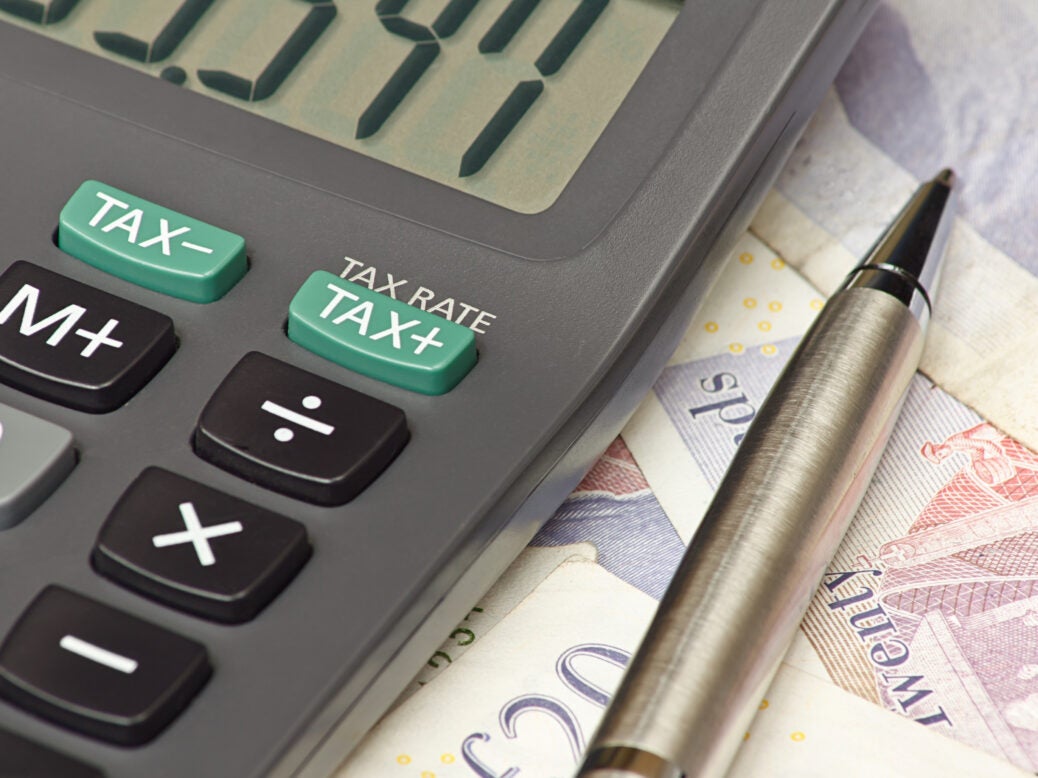
A debate is raging on the ‘true tax rate’ that billionaires are paying in comparison to Joe Public, writes Rasika Sittamparam
In June, ProPublica – a Pulitzer-winning non-profit news outlet – published a report based on a ‘vast trove’ of tax records it received from an anonymous source.
According to analysis in an article entitled ‘The Secret IRS Files’, the tax records of the 25 wealthiest Americans showed that they paid a far lower ‘true tax rate’ than normal ‘middle-class’ Americans.
This assertion hinges on the idea that, rather than measure the tax an individual pays as a share of their income, it is more appropriate to measure it as a share of the growth of their wealth. In support of this claim, ProPublica noted that two of the world’s richest men had paid precisely zero in income tax in certain years – Jeff Bezos in 2007 and Elon Musk in 2018 – despite enjoying significant increases in their wealth in recent times.
From 2014 to 2018, the 25 richest Americans paid $13.6 billion in income taxes. But this, ProPublica claims, amounts to a ‘true tax rate’ of just 3.4 per cent. That’s because over that period their wealth increased by a staggering $401 billion. Look back as far as 2006 and the gulf between Jeff Bezos’s rise and the federal income tax he has paid is even more evident.
Typical US wage earners in their early 40s saw their wealth increase by about $65,000 on average (after tax) from 2014 to 2018. But because this wealth was largely derived from salaries – rather than from shares or other sources – their average tax bills over the period were nearly $62,000.
America’s richest people pay lower ‘true tax rates’ largely because of a fundamental tenet of the US (and UK) tax system: that unrealised gains are not taxed. But should this change? The Adam Smith Institute’s Matthew Lesh thinks not, as he says ProPublica’s ‘true tax rate’ assertions are ‘ridiculous’.
‘We tax based on flows of income, not stocks of wealth, and for good reason too. Nobody pays taxes on the increased value of their house, retirement fund or wedding ring. Rather, when an individual wishes to actually realise the value of their assets by selling, they pay capital gains tax. For as long as they hold the asset, however, they don’t pay tax.’
Lesh points to a number of ‘serious flaws’ in ProPublica’s methodology, which omits the capital gains, property and sales taxes paid by wealthy Americans. He adds that the analysis focuses on 25 extremely wealthy individuals and ignores the fact that ‘the broader evidence indicates that the highest income earners pay the vast majority of taxation in absolute terms and already tend to pay a higher rate of income tax.’
‘If you start taxing people on the theoretical additional gains,’ Lesh says, ‘it would have extreme distorting effects.’ If the wealthy were to pay tax on the value of their holdings, it could ‘reduce the capital available for investment, damaging the broader economy’.
Image: stocksolutions/Shutterstock









